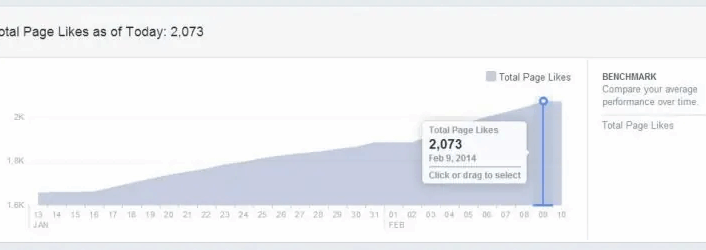

Many have long suspected fraud in Facebook advertising; the likes you receive on your Facebook page when using their advertising services often resemble spam. These are thin profiles with strange names that have liked thousands of pages. Facebook, of course, makes a lot of money from this fraud. The question is whether it’s a deliberate strategy or simply something they happen to overlook.
Yesterday, Derek Muller from Veritasium published evidence of the fraud on Facebook. He demonstrates that a very large proportion of the likes you receive when advertising through Facebook’s ad system are clearly fake. After running ads on Facebook himself, he found that as much as 75% of his likes came from spam accounts.
It’s important to note that this isn’t about turning to some third-party service selling likes — it concerns Facebook’s own ad platform, where, according to them, you are supposed to reach people genuinely interested in you or your product. That as much as 75% of the likes could be fake is a staggering figure, and some have questioned whether Facebook themselves might be behind it, considering that it accounts for 75% of their revenue.
It seems unlikely that Facebook would engage directly in click fraud, especially as a publicly traded company — getting away with such a scheme would be extremely difficult. However, as Muller suggests, it seems more plausible that Facebook is simply turning a blind eye when spammers exploit their advertising system.
How should you handle this?
We don’t want to interfere with how you choose to handle this information. However, our company is immediately halting all advertising on Facebook, pending either action from them to address and fix the issue, or a reasonable explanation as to why it cannot be avoided.
